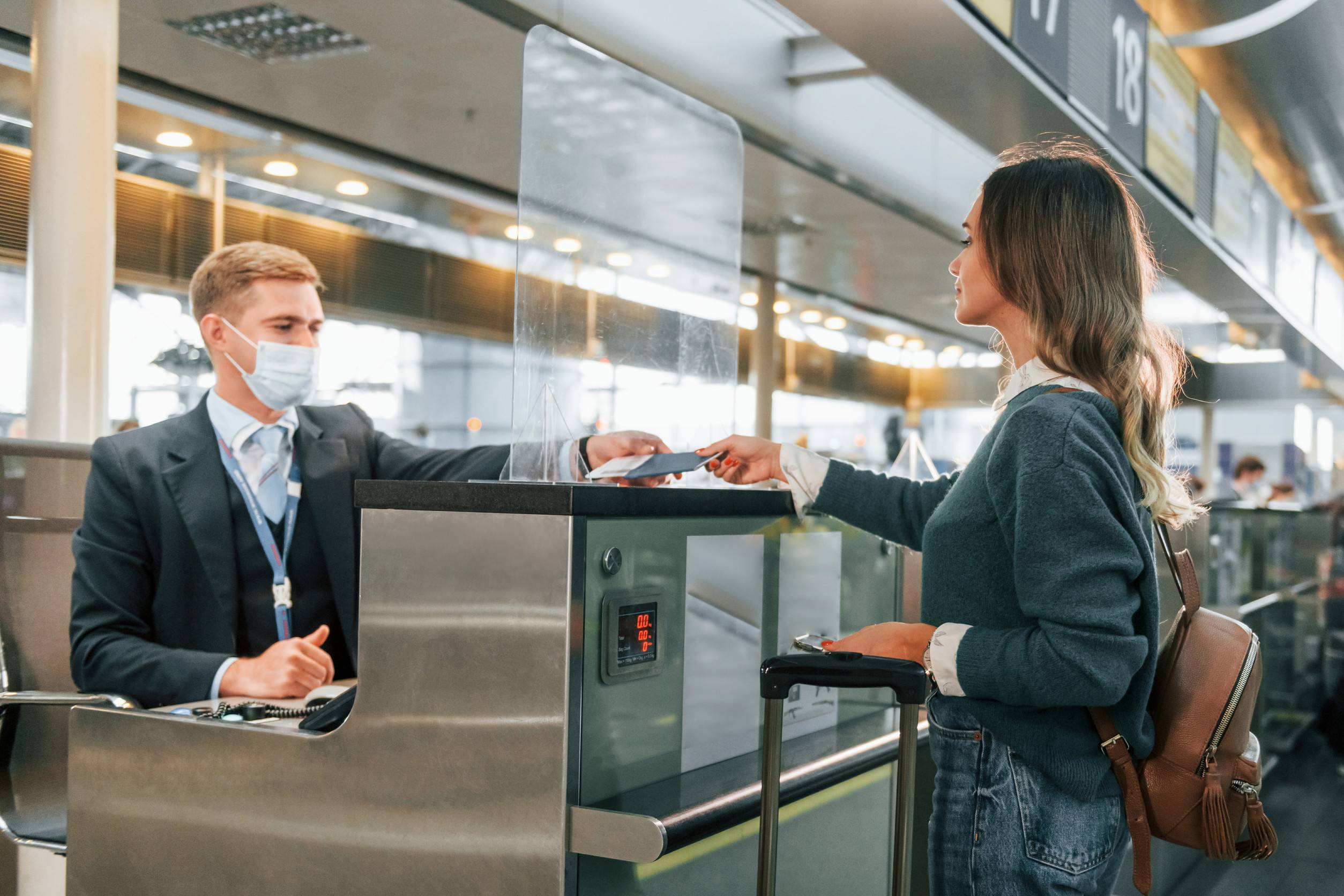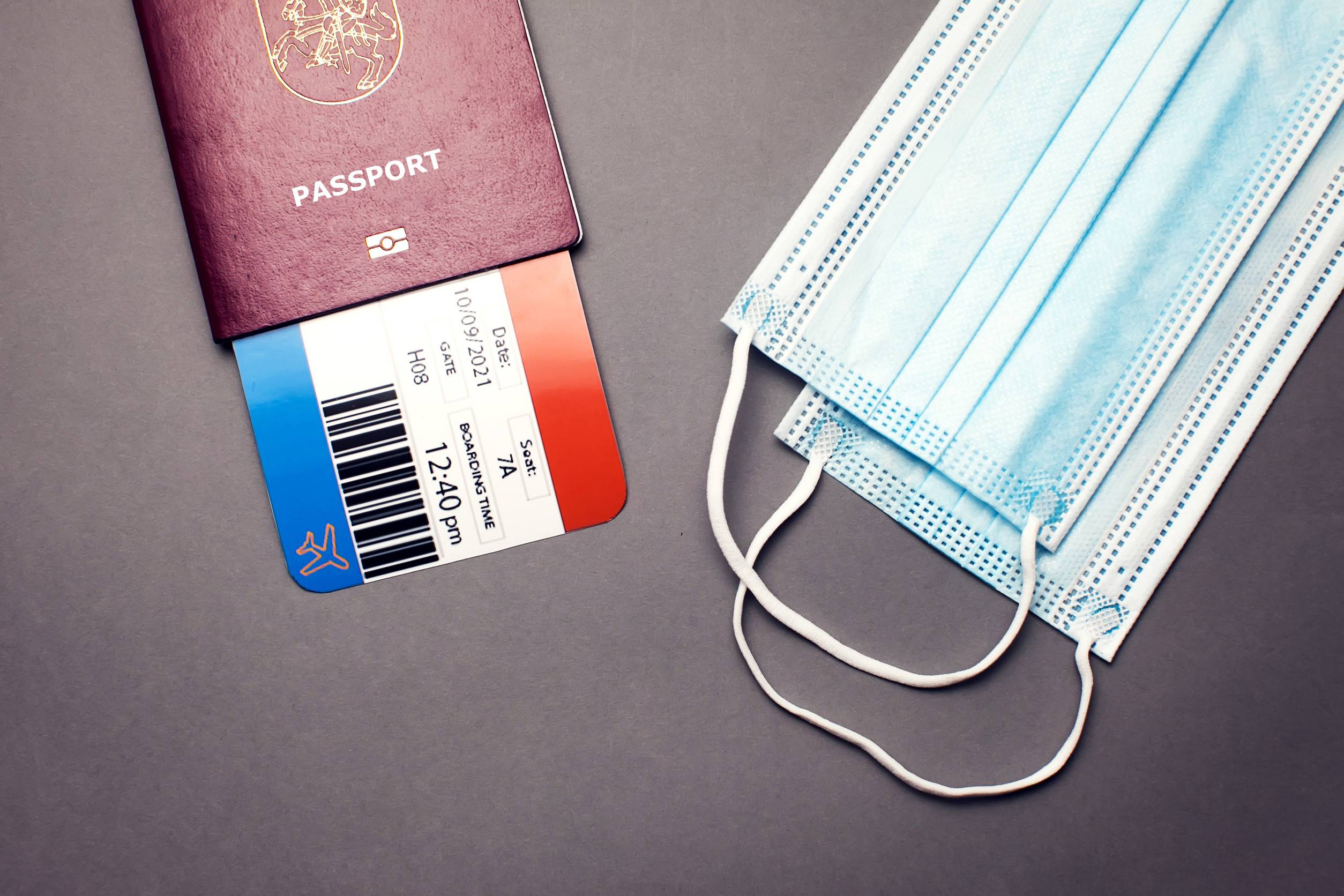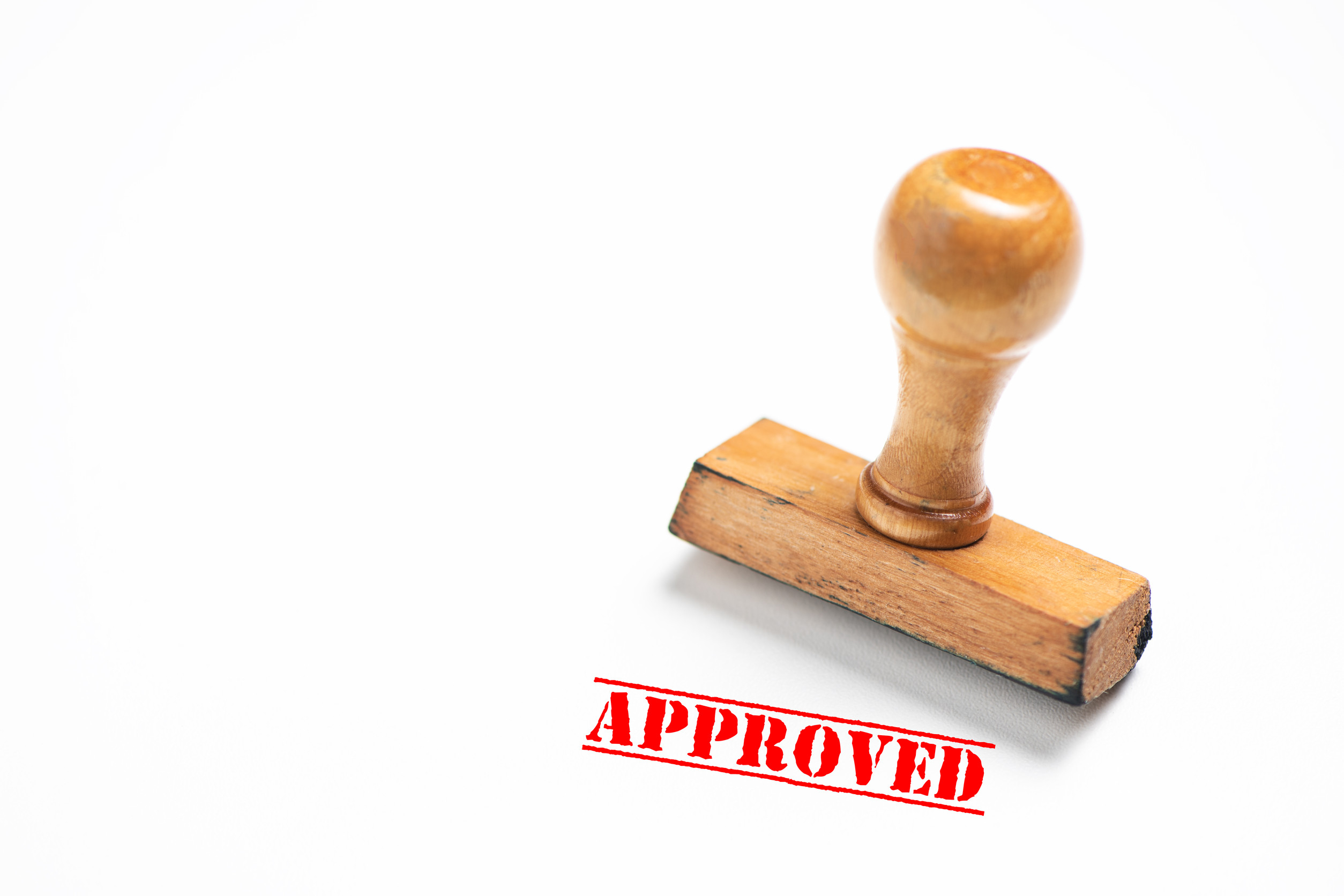
The Cuba Medical Treatment Visa is issued to non-Cuban citizens who wish to undergo medical treatment, therapy, or rehabilitation in Cuba's public or private medical institutions. To obtain this visa, applicants must provide a letter of acceptance from the medical institution, specifying the diagnosis and treatment duration. The visa may also be granted to a companion who is assisting the patient and mentioned in the letter of acceptance.
This visa is beneficial for individuals seeking medical care in Cuba, known for its advanced medical facilities, experienced doctors, and affordable healthcare costs. Cuba is renowned for its expertise in medical fields like neurology, ophthalmology, and oncology. The visa allows patients to travel to Cuba and access the medical care they require, along with their companion, if necessary.
It is important to note that the visa does not allow the individual to work or engage in any other activities in Cuba besides their medical treatment. Additionally, individuals must have proof of medical insurance that covers their entire stay in Cuba. The visa's duration and validity are dependent on the treatment duration specified in the letter of acceptance, and the visa holder must leave Cuba once their medical treatment is complete.
Overall, the Cuba Medical Treatment Visa offers individuals an opportunity to receive medical care in a country renowned for its medical expertise, at an affordable cost. It is an essential option for individuals seeking specialized medical treatment, and their companions, who may need to assist them during their treatment.
Eligibility Criteria for Cuba Medical Visa
To be eligible for a Cuba medical visa, applicants must meet the following criteria:
- Applicants must have a genuine medical condition that requires treatment in Cuba.
- Applicants must have a valid passport with a minimum validity of 2 months beyond the date of departure from Cuba.
- Applicants must provide a letter from a recognized medical institution in Cuba that confirms the appointment and details of the medical treatment required.
- Applicants must demonstrate proof of financial means to cover the cost of medical treatment and living expenses while in Cuba.
- Applicants must not have a criminal record or a history of violating immigration laws.
- Applicants must not pose a threat to national security or public health in Cuba.
- Applicants must comply with all immigration regulations and requirements of the Cuban government.
It is important to note that meeting the eligibility criteria does not guarantee the approval of the visa application. The Cuban immigration authorities have the final discretion to approve or reject any visa application based on their assessment of the applicant's individual circumstances.
Required Documents for Cuba Medical Visa

The Cuba Medical Treatment Visa is issued to third-country citizens who need to undergo medical treatment, therapy, or rehabilitation in public or private medical institutions in Cuba. To apply for this visa, applicants must provide a letter of acceptance from the respective medical institution that specifies the diagnosis and duration of treatment. The visa may also be granted to a potential companion who assists the patient if it's mentioned in the letter of acceptance.
The following are the required documents for a Cuba Medical Visa application:
- Completed Application Form
- Valid Passport
- Two recent passport-sized photos
- Copy of ID card
- Copy of Residence Permit/Visa (if applicable)
- Photocopies of relevant documents
- Travel Itinerary
- Letter from Local Employer/Sponsor (Proof of Occupation)
- Proof of Financial Means
- Documents for the Patient (including appointment letter, recent medical report, and letter of organization covering expenses)
- Documents for Escort (if applicable)
- Overseas Medical Insurance
- Documents for Minors (including consent letter and proof of custody, if applicable)
It's important to note that the passport must be valid for a minimum of two months beyond the date of departure from Cuba, and there should be at least one or two free “visa pages” available. Additionally, the applicant must provide proof of financial sufficiency, such as a personal bank statement or proof of employment.
Overall, the Cuba Medical Treatment Visa provides access to quality medical treatment in Cuba. By submitting the required documents and meeting the eligibility criteria, applicants can obtain a visa to undergo medical treatment in Cuba.
Where to Apply for Cuba Medical Visa?
To apply for a Cuba Medical visa, you will need to visit a visa application center, embassy, or consulate that accepts visa applications in your country of residence. It is recommended to check beforehand whether there is a Cuba visa application center in your country or not. If there isn't one, you can apply to the nearest embassy or consulate to your location.
It is important to note that the application process for a Cuba Medical visa can vary depending on the country of residence. Thus, it is advisable to research and obtain information on the specific application requirements and procedures before applying for the visa. The application may require filling out a form, submitting supporting documents, and attending an interview, depending on the embassy or consulate's rules.
It is also important to plan your application well in advance of your intended travel date, as processing times for the Cuba Medical visa can take anywhere from a few days to several weeks. Therefore, it is crucial to be aware of the processing time and to apply for the visa well in advance to avoid any unexpected delays.
Application Process for Cuba Medical Visa
The application process for a Cuba Medical visa involves the following steps:
Gather Required Documents: Applicants need to gather all the necessary documents required for a Cuba Medical visa, which may include a valid passport, a completed application form, a recent passport-sized photograph, proof of financial means, proof of accommodation, and a letter from a Cuban medical institution or doctor.
Schedule an Appointment: After gathering all the necessary documents, applicants need to schedule an appointment with the nearest Cuba visa application center, embassy, or consulate. It is recommended to make an appointment well in advance to avoid any delay in processing the visa.
Submit the Application: On the day of the appointment, applicants need to submit their completed application form along with all the required documents. The applicant may also be required to pay the visa fee and any other administrative fees at this stage.
Wait for Processing: After submitting the application, the applicant will need to wait for the processing of the visa. The processing time may vary depending on the country of application and may take up to 20 calendar days.
Collect the Visa: Once the visa is processed and approved, the applicant can collect the visa from the Cuba visa application center, embassy, or consulate where the application was submitted. It is recommended to check the visa for accuracy before leaving the visa application center.
Processing Time and Fees for Cuba Medical Visa
The processing time for a Cuba Medical Visa is usually 7-10 business days, although it may take longer if additional documentation or verification is required. It is recommended that applicants submit their applications well in advance of their intended travel dates to avoid any delays.
As for the fees, they vary depending on the applicant's nationality and the type of visa requested. Applicants should check with their local Cuban embassy or consulate for the latest fee schedule. In addition to the visa fee, there may be other charges associated with the visa application process, such as processing fees, service fees, or courier fees. These fees are typically non-refundable, even if the visa application is denied. Applicants should be sure to budget accordingly and confirm all fees and payment methods with the embassy or consulate before submitting their application.
Medical Treatment Facilities in Cuba
Cuba is known for its exceptional healthcare system and medical facilities. The country has several world-class hospitals and medical institutions that offer specialized medical treatments, therapies, and rehabilitation services to both domestic and foreign patients.
Some of the top medical treatment facilities in Cuba include the Cira Garcia Central Clinic, the Frank Pais Orthopedic Hospital, the Hermanos Ameijeiras Hospital, and the National Institute of Oncology and Radiology.
The Cira Garcia Central Clinic is one of the leading medical institutions in Cuba, offering advanced medical services and state-of-the-art technology. It is a popular destination for medical tourists seeking specialized treatments and procedures such as organ transplants, fertility treatments, and cosmetic surgeries.
The Frank Pais Orthopedic Hospital is another prominent medical facility in Cuba, specializing in the treatment of orthopedic and traumatic injuries. It is equipped with modern technology and equipment, and its team of experienced doctors and medical professionals provide personalized care to patients.
The Hermanos Ameijeiras Hospital is a top-tier medical institution in Cuba, offering a wide range of medical services and treatments to patients. It has a team of skilled doctors, nurses, and medical staff who provide personalized care and attention to patients.
The National Institute of Oncology and Radiology is a specialized medical facility in Cuba that focuses on the diagnosis and treatment of cancer. It is equipped with modern technology and equipment and has a team of experienced oncologists and medical professionals who provide personalized care to patients.
Overall, Cuba is an excellent destination for medical tourists seeking specialized medical treatments and procedures. Its world-class medical facilities and skilled medical professionals ensure that patients receive high-quality care and treatment.
Insurance and Health Requirements for Cuba Medical Visa
To obtain a Cuba Medical visa, you must have valid medical insurance coverage that provides full medical coverage in Cuba. The insurance must be valid for the entire duration of your stay in Cuba, and the coverage must be at least 10,000 USD. The insurance policy must clearly state the insured person's name, the policy number, the coverage period, and the scope of coverage.
You must also provide a certificate of good health issued by a certified medical institution or practitioner. The certificate must be issued no more than 15 days before your arrival in Cuba and must confirm that you are in good health and free from any contagious diseases.
If you are traveling to Cuba for medical treatment, you must provide a letter from a Cuban medical institution confirming that you have been accepted for medical treatment in Cuba. The letter must provide details of the treatment, including the expected duration of the treatment and the name and address of the medical institution providing the treatment.
It is important to note that failure to comply with these health and insurance requirements may result in denial of entry into Cuba or deportation upon arrival.
Extending Cuba Medical Visa

It is possible to extend a Cuba Medical Visa if the treatment requires a longer stay. To do so, the patient or their companion must submit a request for an extension to the Immigration Office at least three working days before the visa expiration date. The request should include the following:
- An official letter from the medical institution, specifying the new treatment period and the reason for the extension.
- A copy of the patient's passport and visa.
- Proof of financial means to cover the extended stay.
The Immigration Office will review the request and may grant an extension of up to 90 days, depending on the circumstances. It's important to note that the extension process may take some time, so it's recommended to apply as early as possible before the visa expiration date.
It's also possible to apply for a new visa if the treatment requires a longer stay than the extension period allows. In this case, the patient or companion must follow the same visa application process as for the initial visa and provide all the necessary documentation, including the letter of acceptance from the medical institution and proof of financial means to cover the stay.
It's important to keep in mind that overstaying a visa in Cuba can result in fines and other legal consequences, so it's essential to ensure that the visa is valid for the entire duration of the stay or obtain an extension if necessary.
FAQ
A Cuba Medical visa is a type of visa issued to individuals who wish to travel to Cuba for medical treatment or procedures.
Yes, you must have a medical insurance policy that covers your entire stay in Cuba. The policy must be valid for the duration of your stay and cover any medical expenses you may incur during your trip.
The validity of a Cuba Medical visa varies and is determined by the issuing authority. The visa may be valid for a single entry or multiple entries, depending on the purpose of the trip and the duration of stay.
The processing time for a Cuba Medical visa application varies and depends on the visa application center and the country of application. It is recommended that you apply for the visa well in advance of your intended travel dates.
Yes, you may be able to extend your stay in Cuba on a Medical visa if you have a valid reason and can provide supporting documents. However, you must apply for an extension before your current visa expires.
No, you are not permitted to work while on a Cuba Medical visa. The visa is issued solely for the purpose of receiving medical treatment or procedures in Cuba.


To help us improve